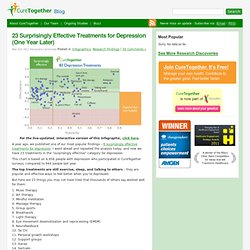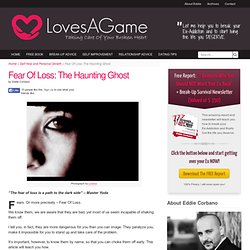

Love and Aloneness – Unravelling the ego and pride. There is a most bizarre word the media and the psychologists have begun to use to describe loneliness in our societies: they say it has become an epidemic. An epidemic! A description normally reserved for extremely prevalent and widespread diseases – that is what this state of mind has become. And the statistics back it up. A third of the citizens of many civilized countries admit to suffering from extreme loneliness. And the impact on our physical health – one study reported that isolated men were 25% more likely to die than those in a relationship, and the women 33% more likely. Why is loneliness so painful? And it is scary – what you have known your entire life – false! But the strange thing is – losing our false identity, it is a blessing. When you are alone, everything that you have disowned, everything that you refuse to accept or acknowledge – they begin to arise.
Comparison – the unravelling of the self You are beautiful, because those around you are ugly. What is left? Link Love. 8 Things Everybody Ought to Know About Concentrating. “Music helps me concentrate,” Mike said to me glancing briefly over his shoulder.

Mike was in his room writing a paper for his U.S. History class. On his desk next to his computer sat crunched Red Bulls, empty Gatorade bottles, some extra pocket change and scattered pieces of paper. In the pocket of his sweat pants rested a blaring iPod with a chord that dangled near the floor, almost touching against his Adidas sandals. On his computer sat even more stray objects than his surrounding environment. Mike made a shift about every thirty seconds between all of the above. Do you know a person like this? The Science Behind Concentration In the above account, Mike’s obviously stuck in a routine that many of us may have found ourselves in, yet in the moment we feel it’s almost an impossible routine to get out of. When we constantly multitask to get things done, we’re not multitasking, we’re rapidly shifting our attention. Phase 1: Blood Rush Alert Phase 2: Find and Execute Phase 3: Disengagement. Psychology studies relevant to everyday life from PsyBlog.
7 minimalistic posters representing various mental disorders. Psychology Tests & Surveys. Blog Archive » 23 Surprisingly Effective Treatments for Depression (One Year Later) For the live-updated, interactive version of this infographic, click here.

A year ago, we published one of our most popular findings – 6 surprisingly effective treatments for depression. I went ahead and repeated the analysis today, and now we have 23 treatments in the “surprisingly effective” category for depression. This chart is based on 4,956 people with depression who participated in CureTogether surveys, compared to 944 people last year. The top treatments are still exercise, sleep, and talking to others – they are popular and effective ways to feel better when you’re depressed. But here are 23 things you may not have tried that thousands of others say worked well for them: 1. Another new thing on this chart: alcohol was added as a treatment, and was rated to make depression worse instead of better. To navigate the graph above: Where did this data come from? This is part of our regular series of research findings. Do As One.
Brain Games & Brain Training. Psychology Today: Health, Help, Happiness + Find a Therapist. Why Intelligent People Use More Drugs. The human consumption of psychoactive drugs , such as marijuana , cocaine , and heroin, is of even more recent historical origin than the human consumption of alcohol or tobacco, so the Hypothesis would predict that more intelligent people use more drugs more frequently than less intelligent individuals. The use of opium dates back to about 5,000 years ago, and the earliest reference to the pharmacological use of cannabis is in a book written in 2737 BC by the Chinese Emperor Shen Nung. Opium and cannabis are the only “natural” (agricultural) psychoactive drugs. Other psychoactive drugs are “chemical” (pharmacological); they require modern chemistry to manufacture, and are therefore of much more recent origin. Morphine was isolated from opium in 1806, cocaine was first manufactured in 1860, and heroin was discovered in 1874.
The following graph shows a similar association between childhood intelligence and the latent factor for the consumption of psychoactive drugs among Americans. Fear Of Loss: The Haunting Ghost. “The fear of loss is a path to the dark side” – Master Yoda Fears.

Or more precisely – Fear Of Loss. We know them, we are aware that they are bad, yet most of us seem incapable of shaking them off. I tell you, in fact, they are more dangerous for you than you can image. They paralyze you, make it impossible for you to stand up and take care of the problem. It’s important, however, to know them by name, so that you can choke them off early. Napoleon Hill introduced us to the six ghosts of fear: the basic fears of which every human suffers to a certain degree. They are: